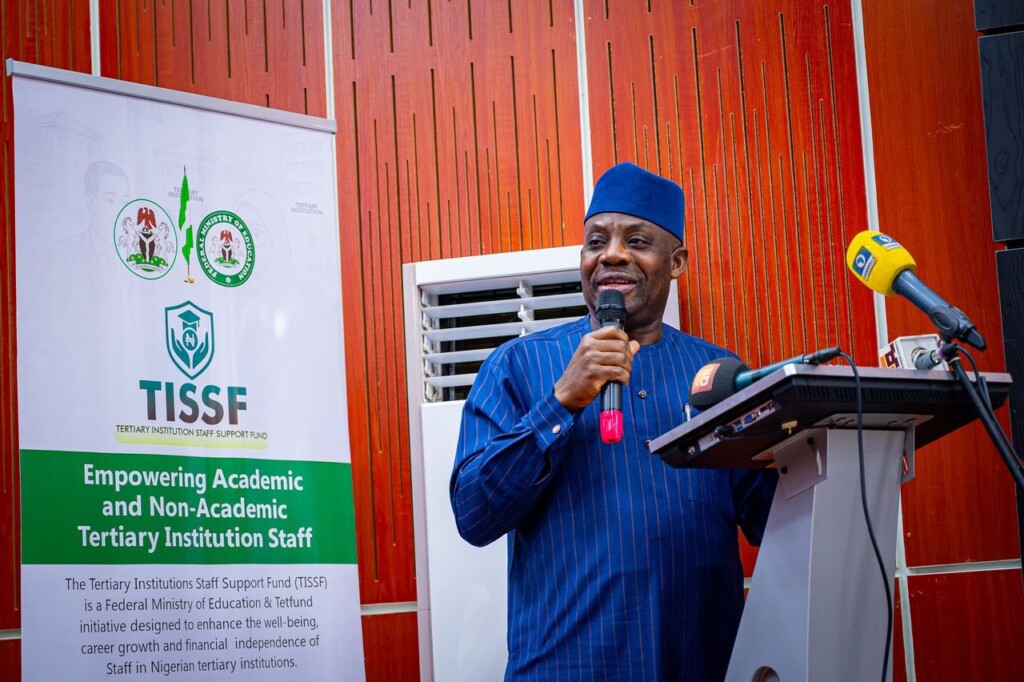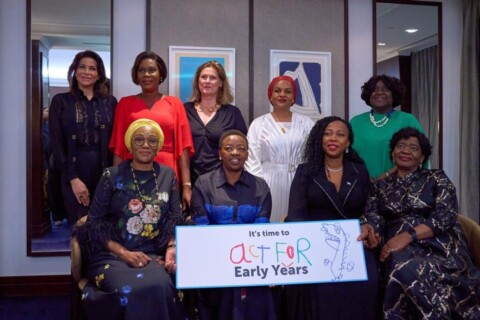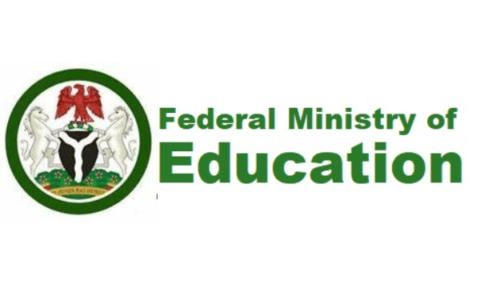The Federal Ministry of Education has announced that students in the Arts and Humanities streams will no longer be required to present a credit pass in Mathematics in their Senior School Certificate Examination (SSCE), conducted by either the West African Examinations Council (WAEC) or the National Examinations Council (NECO), as a prerequisite for admission into Nigerian universities and polytechnics.
For decades, admission seekers in all disciplines, including Arts and Humanities, were required to obtain at least five credit passes, including English Language and Mathematics, to qualify for tertiary education.
According to a statement released on Tuesday by the ministry’s spokesperson, Folasade Boriowo, the change follows the introduction of revised National Guidelines for Entry Requirements into Nigerian Tertiary Institutions, aimed at removing unnecessary barriers while maintaining academic standards.
The new framework provides that university applicants must possess a minimum of five credit passes in relevant subjects, including English Language, obtained in not more than two sittings, with Mathematics remaining compulsory only for Science, Technology, and Social Science courses. For polytechnics, a minimum of four credit passes is required for National Diploma (ND) programs, including English Language for non-science courses and Mathematics for science-related programs. At the Higher National Diploma (HND) level, candidates must have at least five credit passes, including both English Language and Mathematics. Similarly, for Colleges of Education, a minimum of four credit passes is required, with English Language mandatory for Arts and Social Science courses, and Mathematics compulsory for Science, Vocational, and Technical programs.
Education analyst Ayodamola Oluwatoyin, speaking to reporters in Abuja, commended the reform, describing it as a brilliant and inclusive step that will make tertiary education more accessible to a wider range of students.
The Minister of Education, Dr. Tunji Alausa, said the policy was a deliberate effort to broaden access to higher education and ensure fairness in admission processes. He explained that the ministry had also approved a broader reform of admission requirements for all tertiary institutions, a move expected to increase Nigeria’s average annual tertiary intake from about 700,000 to one million students.
According to him, the policy aims to create opportunities for an additional 250,000 to 300,000 admissions each year, addressing long-standing challenges that have excluded many qualified candidates despite their competence.
“Every year, over two million candidates sit for the Unified Tertiary Matriculation Examination (UTME), but only about 700,000 secure admission. This gap is not due to a lack of ability but because of outdated and restrictive entry requirements,” Alausa said.
“The reform is designed to expand access, ensure equity, and give every Nigerian youth a fair chance to learn, grow, and contribute to national development. It reflects our commitment to the Renewed Hope Agenda,” he added.
The revised guidelines reaffirm the government’s resolve to remove systemic barriers in education while maintaining the integrity and standards of Nigeria’s tertiary system.





